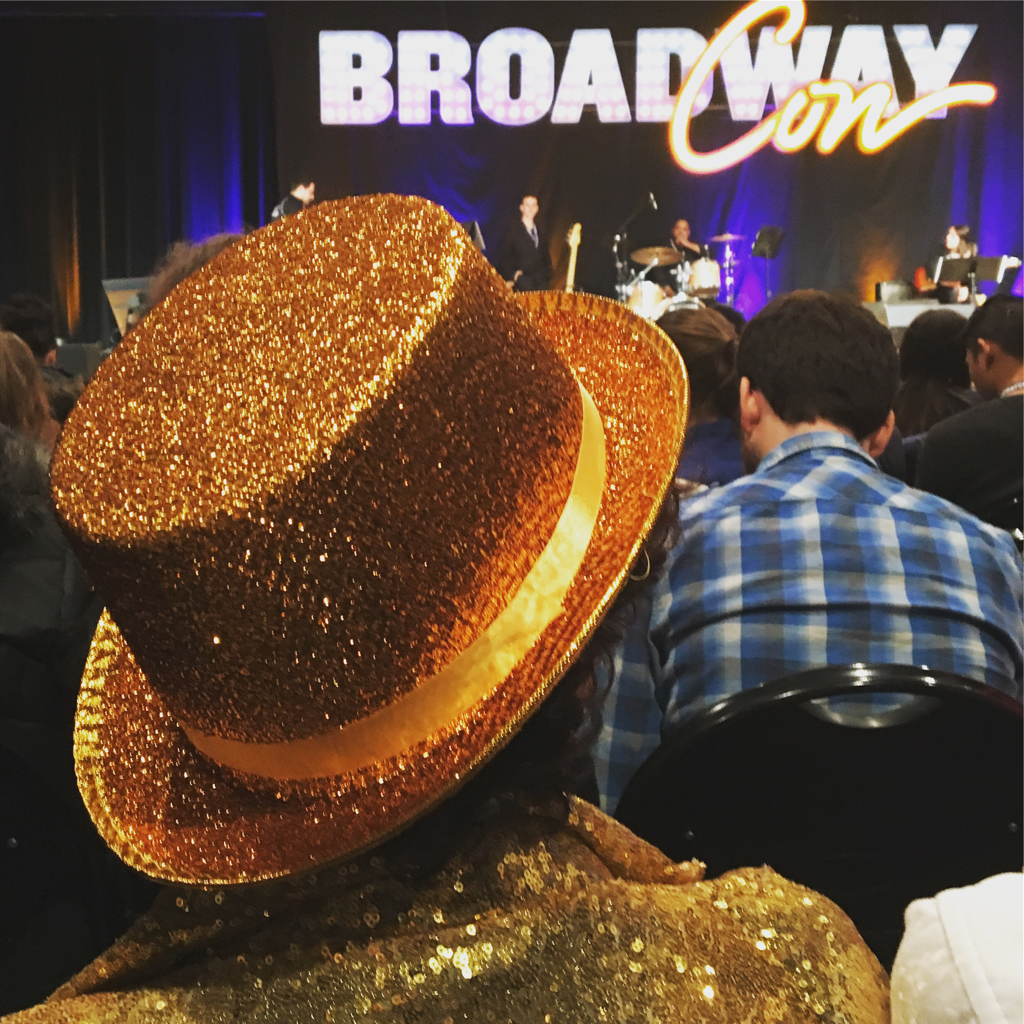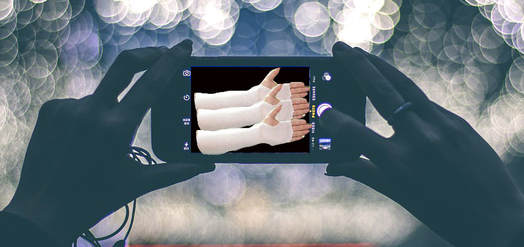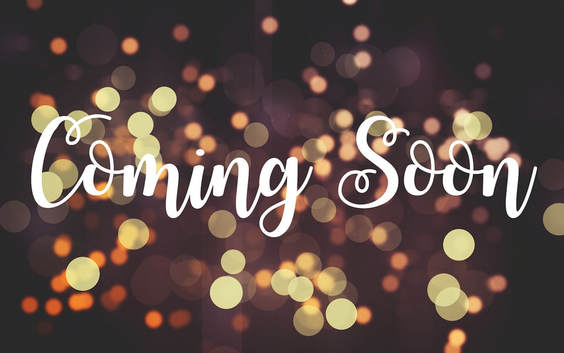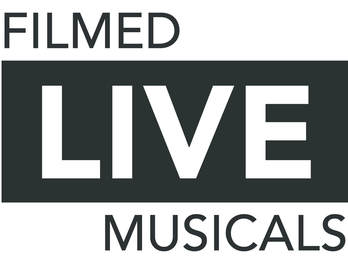|
This past weekend, I had the absolute privilege and joy to attend the 3rd annual BroadwayCon, a three day celebration of Broadway at the Jacob Javits Convention Center in New York City.
I attended 17 panels on shows old and new, theatre criticism, musicals on screen, and accessibility. I sang my heart out, laughed, cried, was inspired over and over again, and moved by how damn awesome the Broadway community is. Here are some of my key takeaways: Things I Learnt About Being an Actor
Things I Learnt About Theatre Criticism
Things I Learnt About Filmed Live Musicals
Things I Learnt About Broadway
Make sure to follow Filmed Live Musicals on Twitter and Facebook - I’ll be sharing more fun insights from BroadwayCon over the next week! Check back next Monday for a new post on how filmed live musicals affect box office sales on Broadway!
0 Comments
Last week, following in the footsteps of Patti LuPone, Benedict Cumberbatch, and Lin-Manuel Miranda, Dear Evan Hansen actor Will Roland became the latest actor to take to social media to request audience members stop illegally filming the show. The responses ranged from enraged supporters cheering Roland on, to far-away fans claiming they have no other way to access Broadway. I want to make very clear that I absolutely do not support audience members going into a theatre, taking out their cellphones/devices and filming the show. First of all, it’s incredibly distracting to the performers and to their fellow audience members. Secondly, bootlegs mean cast/crew/creatives are not being properly compensated for their work being captured and distributed. Finally, we live in an age where professional filmed live recordings are becoming more and more prevalent. We know bootlegs exist. We knows there’s a demand for them, no matter how shoddy the quality. So what are we going to do about it? The following is an anecdotal study, compiled by reading through published articles, message board threads, and talking with fans. Why do people bootleg? People bootleg musical theatre to have a record of an ephemeral performance, trade videos with other fans, and to make a profit. Why do people watch bootlegs? It comes down to a few crucial reasons, geography, cost, high ticket demand, and the desire to see specific performances (eg. original cast, replacements, first/final performances). Across all of these reasons, the theme that constantly came up was the sense of “being deprived” of not being able to see theatre performances live. Who is watching bootlegs? Anecdotally, everyone… From audience members to the creators making new shows, people who love theatre are watching bootlegs. In the past two years I’ve been lucky enough to attend BroadwayCon, and in almost every single panel, theatre professionals, writers, directors, actors, and fans, all spoke openly about their avid consumption of bootlegs. What happens when people watch bootlegs? The availability of bootlegs encourage fans to seek out more bootlegs. Bootlegs inspire many people to pursue a life in the performing arts. Crucially, illegal recordings leave fans with a desire to see, and experience, the show in the theatre. Why can’t we just film stage musicals? Union contracts and agreements are a big factor, which are important to ensure casts and creatives are properly compensated for their work being captured and distributed. Another significant hindrance is an industry fear that making videos available will jeopardize box office sales. Add into these factors the cost of filming and distribution, and, finally, the ingrained belief that filmed theatre is no longer theatre. What about ticket sales?! The worlds of classical music, ballet, and opera, have all shown that filming concerts for public distribution, boosts ticket sales at the box office. In 2011, The Detroit Symphony Orchestra had an in-person attendance rate of around 50%. After introducing free livestreams of some of their concerts, in-person attendance rose to 90%. Anne Parsons, CEO of the Detroit Symphony Orchestra stated of the change, “I think the digital world makes us hungrier for the real world.” In 2014, the DSO introduced robotic cameras, lessening the intrusion of cameras for the live audiences. In the National Theatre Annual Review 2016-17, the company announced its shows had a 93% percent audience capacity, the highest numbers it has seen in a decade. What happened just under a decade ago? The launch of NT Live, where select National Theatre productions are broadcast live in cinemas around the world. Research on the The Met Opera’s The Met Live in HD has shown that while the program appeals mainly to people who are already opera devotees, the program has also been able to attract a more diverse audience, including younger people, and people with lower incomes. The program has also encouraged people who had not previously seen a live opera to seek one out. As noted by Sean Douglass of The Clyde Fitch Report, even though sport is widely available to watch on television, fans still flock to live games. Even though concerts and performances are freely available on YouTube, fans still pack out stadiums to see musicians live. We already know that movie versions of stage musicals boost attendance at the Broadway box office. As noted by Broadway producer Ken Davenport, “…every time, even if the movies have sucked, the Broadway box office has gone up. It happened every time. So we know it doesn’t cannibalize.” Will filmed live musicals replace live musical theatre? All existing research points to the fact that at the end of the day, people want tangible in-person real-life experiences. Like movie musicals, like cast recordings, like digital content, making filmed live recordings available to the general public will only encourage people to seek out more live theatre. What can we do? Bootlegs aren’t going away. So why not tap into the market and provide professionally recorded, legal, captures that fairly compensate the artists? It doesn’t mean a musical capture should be released globally on YouTube on opening night. As Jennifer Tepper noted in response to Will Roland’s tweet, “producers [need to] make a strategic educated decision about when to create and release this based on when the show needs it most.” But for high-demand sold-out shows like Hamilton or Dear Evan Hansen, why not adopt the NT Live model and hold a one-night-only livestream to cinemas, as the National Theatre did for Fela and Follies? Or like Legally Blonde, use a television broadcast to boost ticket sales for the national tour? Allegiance continues to build a fan base through its select cinema screenings, while Newsies was screened in cinemas, and later released online for on demand viewing. More and More The great news is that more and more producers and creatives are realizing the importance, and benefits, of filming stage musicals for public distribution. I look forward to continuing to catalogue them here, and celebrating the joy of filmed live musicals. Want to read more on bootlegs? Check out my guest post for New Musical Theatre on Kicking the Bootlegs! Sources
Books
Articles
Websites
Ohmigod You Guys!
Here’s a preview of the content coming your way from Filmed Live Musicals:
The Art of Making Art In February, Filmed Live Musicals will be launching a Patreon. The database will remain free and available to all, but patrons will have access to specialized content including a monthly newsletter, weekly film reviews, and industry interviews. Once we hit certain levels of funding on Patreon, new features will include:
Children Will Listen Tell me what you'd like to see on the site! Email or tweet your suggestions! The World Will Know Make sure you’re following us on Twitter to stay up-to-date with all the latest news on filmed live musicals! Check back next Monday for a post about bootlegs! Welcome to the very first post of the Filmed Live Musicals blog! I’m your host Luisa Lyons and I am so excited to be sharing my passion project with you. The idea for this website started back in 2011 when I was studying for an MA in Music Theatre at the Royal Central School of Speech and Drama in London. A group of my friends went to the cinema to see the filmed live version of Company, which featured Neil Patrick Harris, Patti LuPone, and Stephen Colbert amongst its starry cast. In a taped interview prior to the main feature, producer Ellen M. Krass claimed she had had trouble getting funding to film Company because investors had not heard of filming a live show for public distribution. Huh?! Maybe all the investors had pockets overflowing with cash and lived in close proximity to Broadway... But as a musical theatre nerd growing up in Sydney, I cherished my DVD copy of the original Broadway production of Into the Woods, and thrilled at being able to see Julie Andrews in Victor/Victoria. Not to mention the delight of being able to see Hugh Jackman in Oklahoma! Ellen M. Krass’ comment inspired me to write my thesis on filmed live musicals. I learnt that stage musicals have been filmed for distribution since the advent of sound on film, and, as technology has improved, so has the demand for filmed live theatre content. I compiled a list of nearly 80 stage musicals that had been legally filmed live and made available for public distribution, and tried to figure out what to call a filmed live musical — is it film? Is it theatre? As excited as I was to learn about filmed live musicals, I discovered there is a lot of resistance to the idea of filming stage musicals for the screen. Fears around the impact on ticket sales, contract negotiations, and what should be filmed and when, all play into what is made available to the general public. The biggest fear is of course that theatre on screen will replace the experience of live theatre. Nothing will ever replace the magic of live theatre, but in my research I found that filmed live musicals inspire audiences to seek out real-life theatre experiences. Filmed live musicals provide access to shows to people who for a myriad of reasons, such as geography and finances, would not otherwise be able to see a fully realized stage musical. Filmed live musicals not only give further reach to Broadway and West End shows, but provide wider audiences for regional and smaller-scale productions. Filmed live musicals create a historical record of an impermanent performance, and provide students with a fantastic educational tool. Fast forward a few years, and my love for filmed live musicals has not gone away. More and more musicals are being legally filmed for public consumption, and in the age of Digital and the Interwebz, it is easier than ever to access them. In the many conversations I’ve had with performers, writers, directors, and especially audience members, people want to know where they can watch filmed live stage musicals. And so, Filmed Live Musicals was born. My thesis list formed the basis for the database, which now has over 100 musicals, and counting. The database is currently searchable by year, where to watch, and Broadway/West End shows. You can learn about each musical's history, how it was filmed, and, where possible, where to watch them. Every Monday (New York time), I will be sharing research, interviews, articles, and news about upcoming filmed live musicals. Tune in next week for a preview of some of the exciting additions coming to Filmed Live Musicals! Until next week, happy watching! Luisa Are you following Filmed Live Musicals on Twitter? Follow now for regular tweets and updates!
|
Archives
June 2024
Categories
All
|





 RSS Feed
RSS Feed